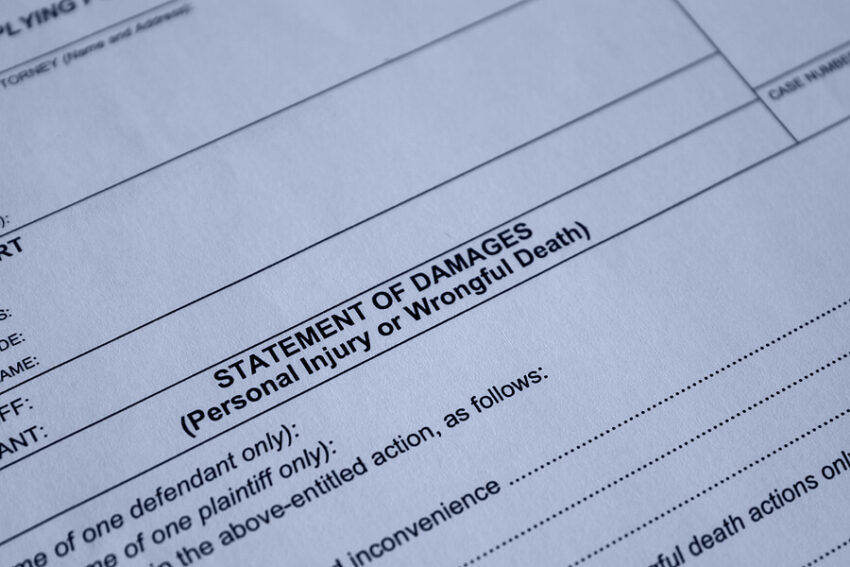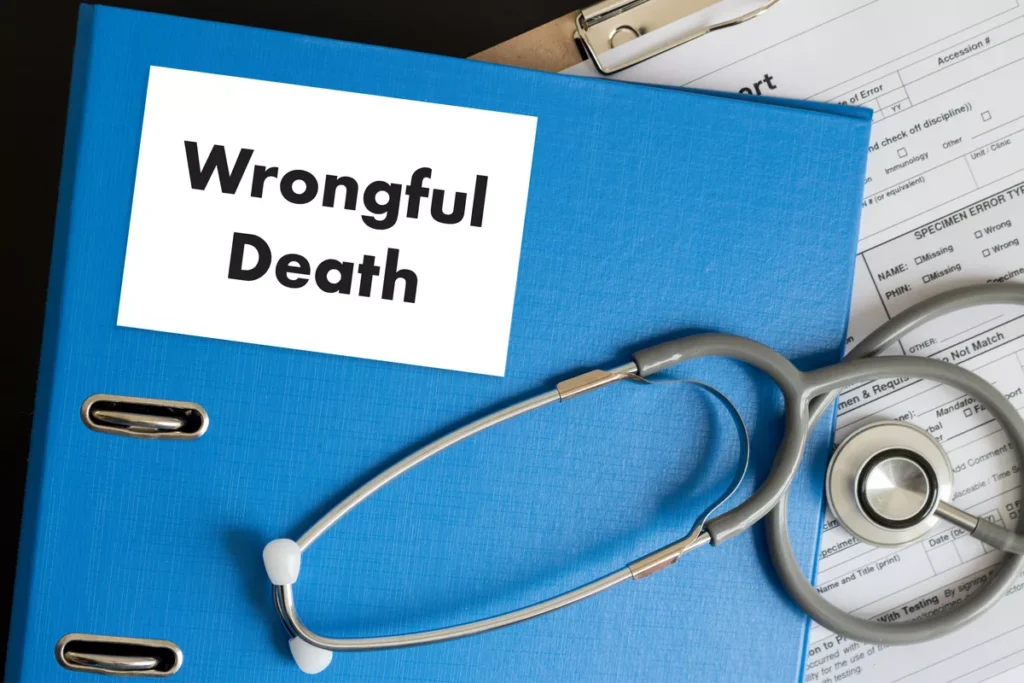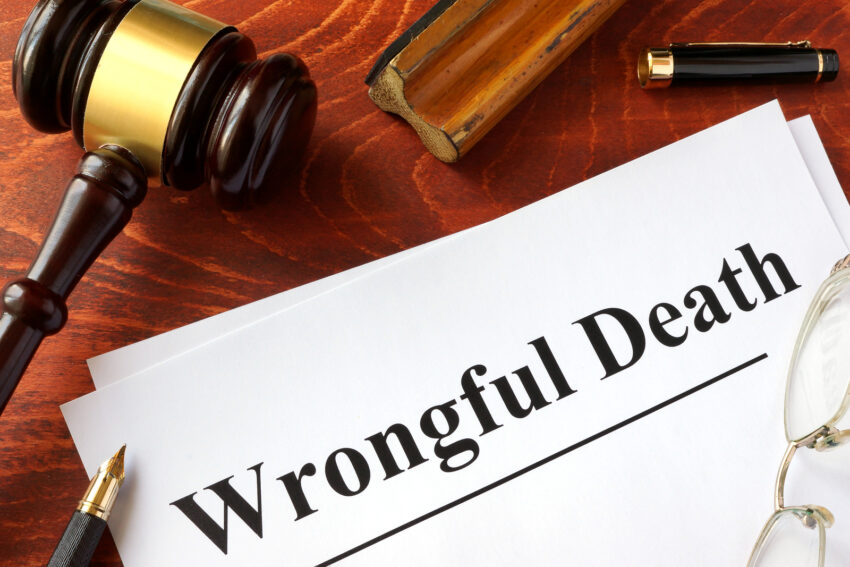Although the core of a wrongful death lawsuit is quite the same, some details might change with relation to where you’re living. In this article, we’ll discuss the same and focus on how this type of law works in New Jersey. So, without any further ado, let’s get started with it.
New Jersey And Wrongful Death – An Overview

In the state of New Jersey, the lawsuit of wrongful death is defined as “ a death caused by a wrongful act.” In some cases, words like “default” or “neglect” are added here.
However, in general, a wrongful death usually occurs when an individual passes away due to someone else’s fault. The demise of the person might be caused by:
-
- Medical Malpractice
- Negligence-based incidents, and
- Intentional act (such as committing a crime).
It’s a type of personal injury claim lawsuit but will only work for a deceased individual. It can only be approved if someone from the person’s representative list makes a claim.
How Much Time Does It Take?
Like any other lawsuit, you must file the wrongful death claim within a specific time limit. In the state of New Jersey, the “statute of limitation” allows you to maintain a 2-year deadline. If the lawsuit weren’t filed within the time limit, it’d be barred from the court entirely.
Note: If the death was caused due to murder or aggravated manslaughter, then there’d be no “statute of limitation” applicable to you. You can still apply for it, even if the person was found not guilty for adjudicated delinquent or insanity.
Who’s Eligible To File The Claim?

In some states in the USA, the surviving family of the deceased can file a wrongful death lawsuit. However, if you’re living in New Jersey, only a personal representative of the person (also known as an executor) can work on it.
But, if the person has passed away before hiring a representative, the court will assign one by itself to act as a professional. Once the lawsuit is filed, the proceeding will begin naturally.
Possible Damages In A Wrongful Death Case

If you’re successful in proving your case, the court will order the defendant to pay for the “damages” you’ve sustained. It’s intended to compensate for the following:
- Loss of care, companionship, and guidance.
- Expenses regarding medical, burial, and funeral aspects of the person.
- Loss of their financial support and help.
- The value of their household services.
Remember, the representative of the deceased individual will only file the claim for you and your family. However, if you’re anyone in relation to the person, you’ll be the one to get the payment. Here’s what you need to know in this regard.
- The surviving parent of the individual.
- The children, grandchildren, and spouse of the person.
If the person doesn’t have anyone from the aforesaid criteria, the money or compensation will go to their siblings. However, before you receive anything, you’ll need to prove that you were financially or emotionally dependent on the person.
What About The Standard Of Proof?
If you want to file a wrongful death claim, you’ll need to provide at least one of the elements mentioned below. It’s a must, so talk with a lawyer before working on this case.
- Duty of/to the descendant.
- The breach of their duty.
- Damages caused to them, and
- The sense of causation is available in the case.
Keep in mind that the laws related to a state are subject to change, depending on the situation. So, it’d always be better if you could hire a professional lawyer for your purpose.
Tackling A Wrongful Death In The Right Way!

It can be pretty difficult to cope with the sudden loss of a family member, we know. However, we’ll still ask you to be calm and go on with the required proceedings accordingly.
Also, you should definitely hire a lawyer as soon as possible. They’ll help you with curating your case, ensure that you’re making the right move, and offer support in the court.
Besides, you can also take their help with the paperwork and any other official work. They’re experienced enough to handle the same on their own and provide the best possible result.

